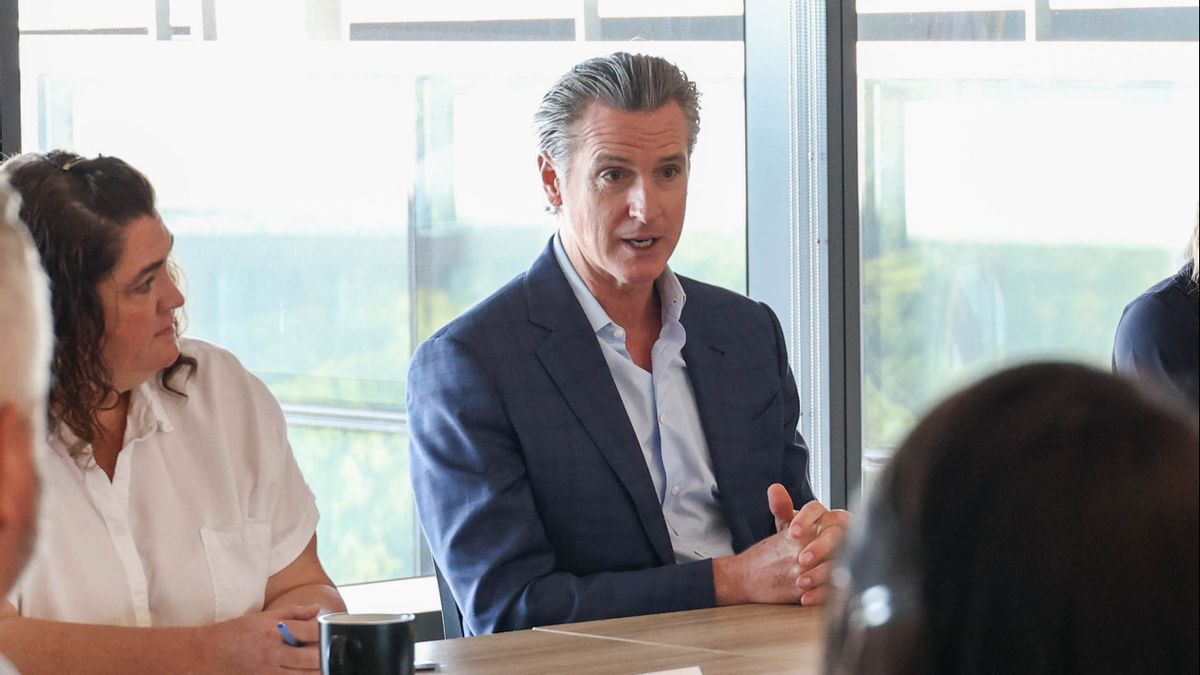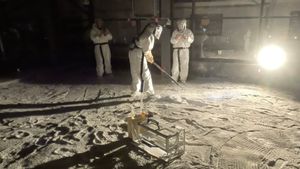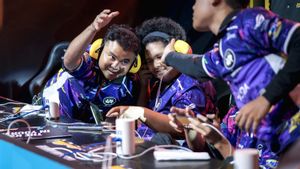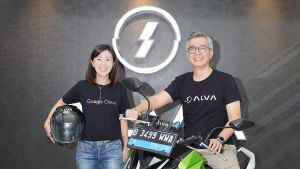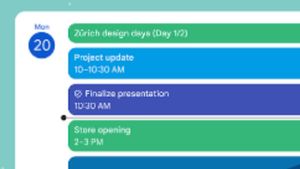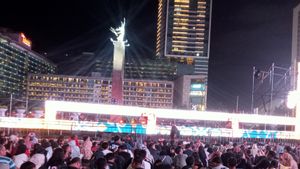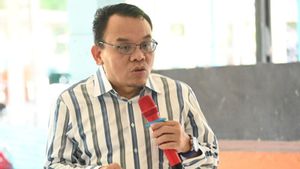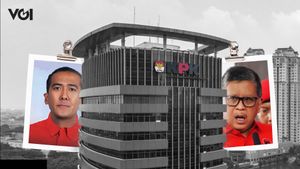JAKARTA - California Governor Gavin Newsom on Sunday 29 September vetoed a controversial artificial intelligence (AI) safety bill after gaining strong resistance from the tech industry. Newsom said, while it is important to protect the public from AI's potential risks, the bill could hinder innovation and get AI companies out of California.
In a statement, Newsom criticized the bill for not distinguishing whether the AI system was implemented in high-risk or low-risk environments, as well as whether it involved making important decisions or using sensitive data. According to him, the bill applies strict standards even to the most basic AI functions, as long as it involves large-scale systems. He also expressed concern that this approach could curb rapid innovation in the tech industry.
"I ask leading experts in the AI genrative to help California develop applicable guidelines, which focus on science-based and empirical analysis," Newsom said. He also instructed state agencies to expand risk assessments related to potential disasters that may arise from the use of AI.
AI's genrative, technology capable of producing text, images, and videos based on the commands given, has sparked concerns that this technology could cause job loss, disrupt the election, and even endanger humanity.
Rejection from Senators and AI Industry
Democratic Senator Scott Wiener, the initiator of the bill, expressed his disappointment with the veto. According to Wiener, this legislation is needed to protect the public before AI develops out of control. He also added that this veto makes California less secure because there are no binding restrictions on AI companies.
"Companies developing this very strong technology do not face firm rules. Voluntary commitment from industry cannot be enforced and rarely provides good results for the public," said Wiener.
On the other hand, the leaders of the technology industry in California welcomed the veto decision. The coalition of the tech industry, Chamber of Progress, appreciated Newsom's move by saying that "the California technology economy has always grown thanks to competition and openness."
Beberapa perusahaan besar seperti Google, Microsoft, OpenAI yang didukung oleh Google, dan Meta, menyatakan kekhawatiran mereka terhadap dampak dari RUU tersebut. Mereka berpendapat bahwa aturan yang terlalu ketat bisa menghambat pertumbuhan dan inovasi dalam pengembangan AI.
Pros And Cons In The World Of Technology
Although many large companies oppose this bill, Tesla CEO Elon Musk, who also owns an AI company called xAI, supports the bill. Musk stated that the benefits of the bill are likely to outweigh the costs, although there are some provisions that still need to be clarified. Other companies such as Anthropic, backed by Amazon, also support this legislative move, despite acknowledging there are some concerns regarding ambiguity in some aspects of the rules.
The bill proposes surveillance of advanced AI models whose development costs are more than 100 million US dollars (Rp1.51 trillion) or which require large amounts of computing power. In addition, AI software developers are also required to design a method to shut down the AI model, a kind of "breaking button" or kill switch.
SEE ALSO:
The bill also aims to establish a state entity that will oversee the development of an AI frontier model that is capable of surpassing the current state-of-the-art AI models. However, strong resistance from technology companies and several members of the US Congress, including Nancy Pelosi, has stalled the bill.
Steps In The Future
Despite vetoing the AI safety bill, Newsom signed another law requiring the state to assess the potential threat from Generative AI to California's critical infrastructure. Currently, the state is analyzing the risks to energy infrastructure, and in the near future will conduct a similar assessment of water providers and the communications sector.
Newsom said it would work closely with the legislature in the next session to formulate a more targeted AI law. He also added that an approach only from California might be needed, especially if there is no action from the US Congress.
"We can't wait for a major disaster to happen before taking action to protect the public," Newsom said, stressing that the solution taken should be based on empirical analysis of AI systems and capabilities.
At the federal level, efforts to enforce AI safety rules are still hampered in the US Congress, while President Joe Biden's administration is drafting a proposed regulatory oversight of AI.
The English, Chinese, Japanese, Arabic, and French versions are automatically generated by the AI. So there may still be inaccuracies in translating, please always see Indonesian as our main language. (system supported by DigitalSiber.id)
